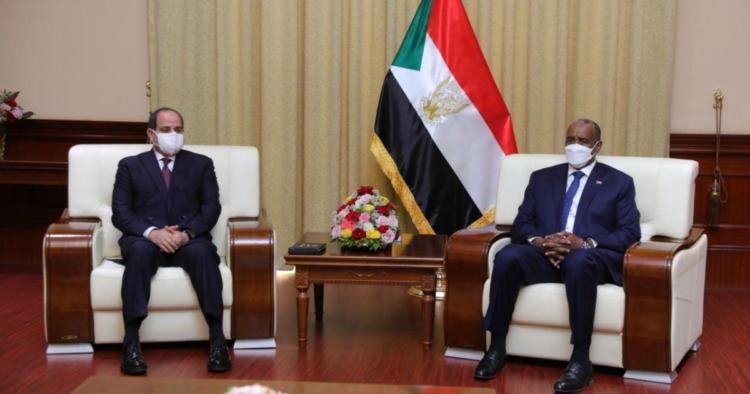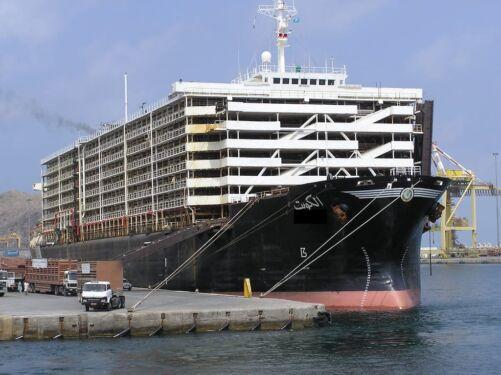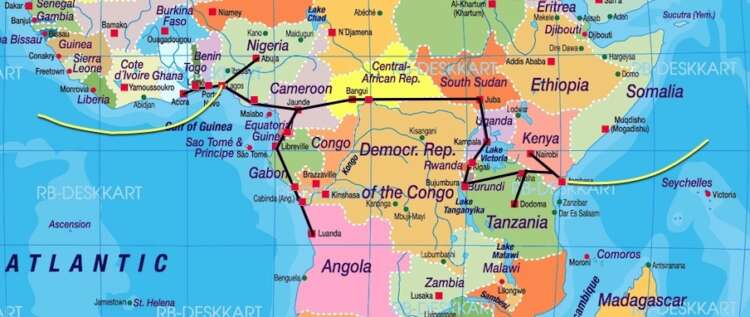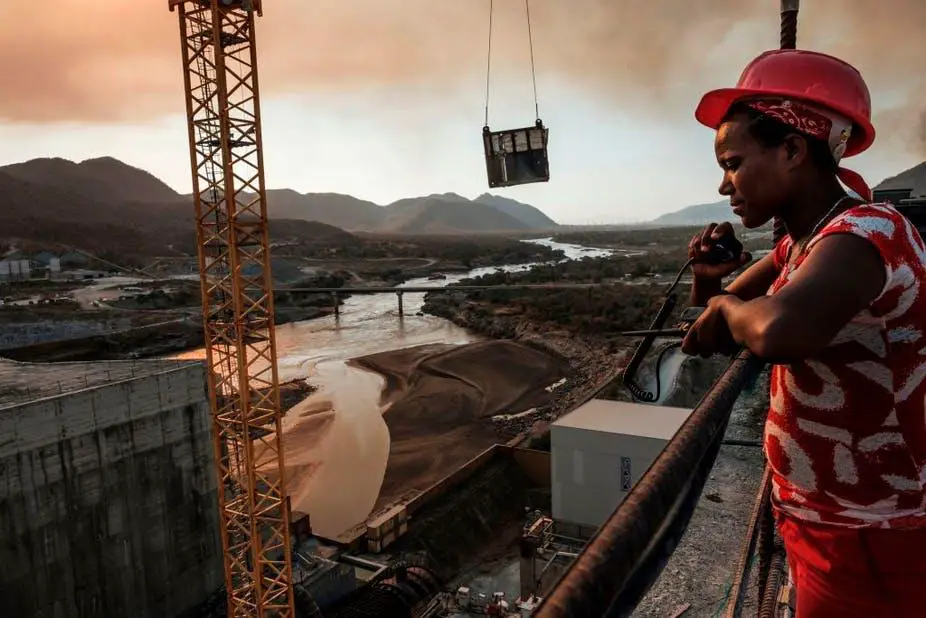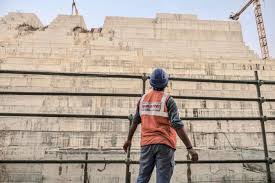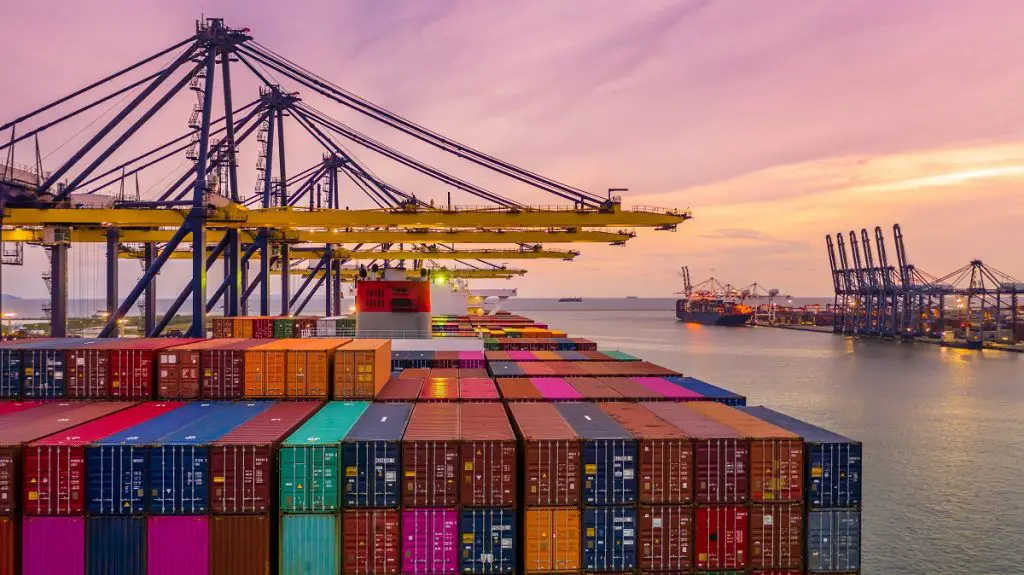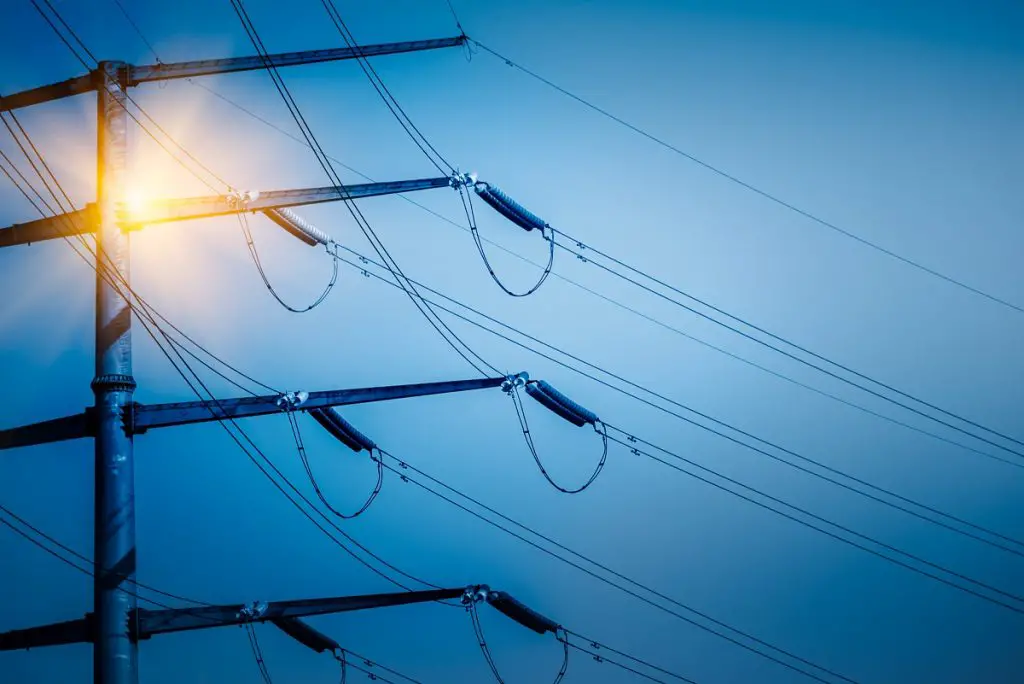- Abu Dhabi radiates optimism as over 300 startups join AIM Congress 2024
- TLcom Capital Raises $154 million in Funding to Boost Its African Growth
- Africa’s $824Bn debt, resource-backed opaque loans slowing growth — AfDB
- LB Investment brings $1.2 trillion portfolio display to AIM Congress spotlight
- AmCham Summit kicks off, setting course for robust future of US-East Africa trade ties
- Why the UN is raising the red flag on the UK-Rwanda asylum treaty
- Portugal’s Galp Energia projects 10 billion barrels in Namibia’s new oil find
- Wärtsilä Energy offers tips on how Africa can navigate energy transition and grid reliability
Browsing: Sudan
In June, the Voice of America reported that a bomb had gone off at a market in Tigray at about 1 pm, right when the market would be at its busiest time. At least 43 people were killed and dozens of others wounded.
This was June 22, a day after Ethiopia held its sixth national elections and a fortnight from the commencement of the second filling of the GERD.
Will fighting in Tigray deter Ethiopia’s GERD plans?…

Ethiopia plans to go ahead with it scheduled second filling of its embattled Grand Ethiopian Renaissance Dam (GERD). When complete, the GERD will be the largest in Africa and have the capacity to produce in excess of 6,000 MW per day.
As expected, Egypt, the historic colonial-era custodian, will not have it and along with Sudan, has called for intervention by the African Union (AU) as well as international bodies and the UN Security Council citing security reasons.
Egypt and Sudan want the UN Security Council to intervene in the GERD owing to what the Sudanese government describes as ‘its impact on the safety and security of millions of people.’
They are of the view that Ethiopia is acting of its own accord and in total disregard of the danger, its actions pose to regional stability. As such, Sudan wrote to the UN Security Council and Egypt has joined the …
Also of significance is the February 2019 deal that saw US$300 million set aside for a 10-year plan to develop Port Sudan’s facilities, while a new Chinese-built seaport for shipping livestock in Haidob, south of Port Sudan, is nearing completion.
The Chinese-built port for shipping livestock from Sudan’s Red Sea coast is a component of Beijing’s Belt and Road Initiative and is primed to help transport camels, cattle and sheep targeted for the Asian markets.…
The Boards of Directors of the African Development Bank (www.AfDB.org) Group on Friday approved a proposal for the clearance of about $413 million in arrears on loans owed by Sudan to the institution, marking a major milestone in the country’s re-engagement with international financial institutions and the global economy.
The proposal enables the Bank to proceed with clearing Sudan’s arrears with the African Development Bank Group, with the support of the United Kingdom and Sweden. The U.K will provide bridge financing to clear Sudan’s arrears to the African Development Fund, while Sweden has committed to providing grant financing of about $4.2 million to meet Sudan’s burden-share for the operation.
Upon full clearance of the arrears to the Bank group, sanctions on Sudan will be lifted and a Policy-Based Operation (PBO) will be provided to the country as part of the Bank’s full re-engagement, to complement on-going Bank operations.
Clearing of …
There are five key instruments adopted for the AfCFTA…
A new dawn is unfolding in the Israel-Arab relations World as Sudan is but a few ink drops away from becoming the third Arab country to normalize ties with Israel this year alone.
International media, Associated Press confirmed that a senior Israeli delegation was in Sudan earlier this week. Backed with high profile U.S. diplomatic mission, the meeting is believed to have been the final touches to normalize ties between the age-long ‘rivals.’
The development comes in the backdrop of Sudan’s interim government signing a pact with the U.S. that has successfully removed the country from the U.S. list of
The deal washes off a considerable amount of stain from the otherwise tainted Israeli Prime Minister Benjamin Netanyahu on one hand and on the other bring favour to U.S. Donald Trump’s foreign policy as the country heads to the polls on November 3rd.
The Sudan – Israel pact …
The Ethiopian Grand Renaissance Dam is inching closer to completion, rekindling the environmental and political controversies that have dogged the project from the start nearly 10 years ago. In addition, recent satellite images show a steady increase in the amount of water being held back by the new mega dam. Mahemud Tekuya explains what’s at stake.
The current dispute over the Grand Ethiopian Renaissance Dam is directly linked to colonial-era Nile treaties. During the scramble for Africa, controlling the source of the Nile was a major colonial goal for the British. In 1902, the UK and Ethiopia concluded the Anglo-Ethiopian Treaty in which Ethiopia agreed not to arrest or totally block the flow of the Nile.
Then there was the Anglo-Egyptian Treaty signed in 1929. This was between the British (on behalf of its colonies, Sudan, Kenya, Tanzania and Uganda) and Egypt. The treaty prevented British East African colonies …
I can vividly remember sitting in a Nairobi classroom in Kenya and scribbling away my discussion to validate that assertion. I also clearly remember answering the same question in Ordinary Level Secondary school in Jinja, Uganda and when I returned to my country of birth, Tanzania, I again had to respond to the same question in Advanced Level High School.
My explanation was simple, Egypt is a dessert country and its main source of fresh water is the Nile. Without the Nile, they would be no Egypt…
It was the correct answer; the answer that my teacher liked and am sure so does Egypt. What of the countries of East Africa, the source of the Nile. Well, the teaching goes, they too need the Nile, but since they are tropic countries that receive considerable amount of annual rains, they don’t need the Nile as much as Egypt does.
That is …
The East African region is transforming with multibillion dollar projects planned or already underway in the different sectors of their economies. …
Ethiopia said that it would start filling the GERD which is a mega-dam expected to contribute to the country’s energy production mix.…






